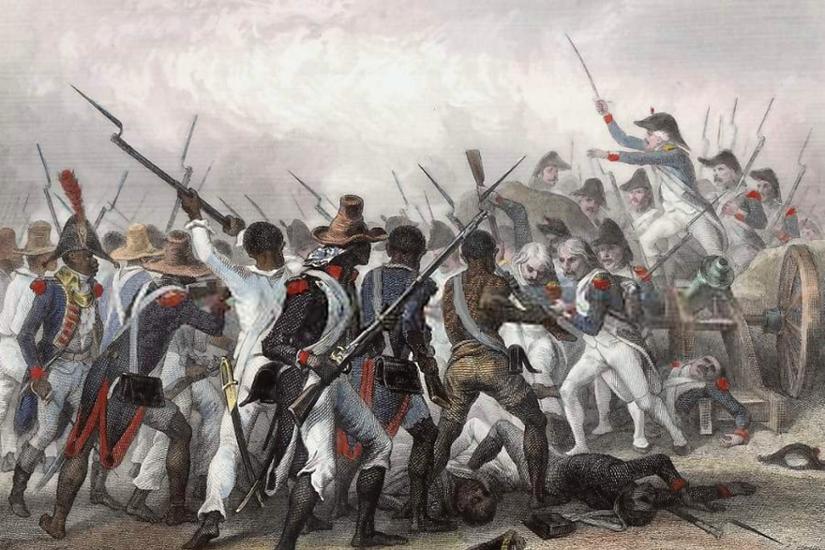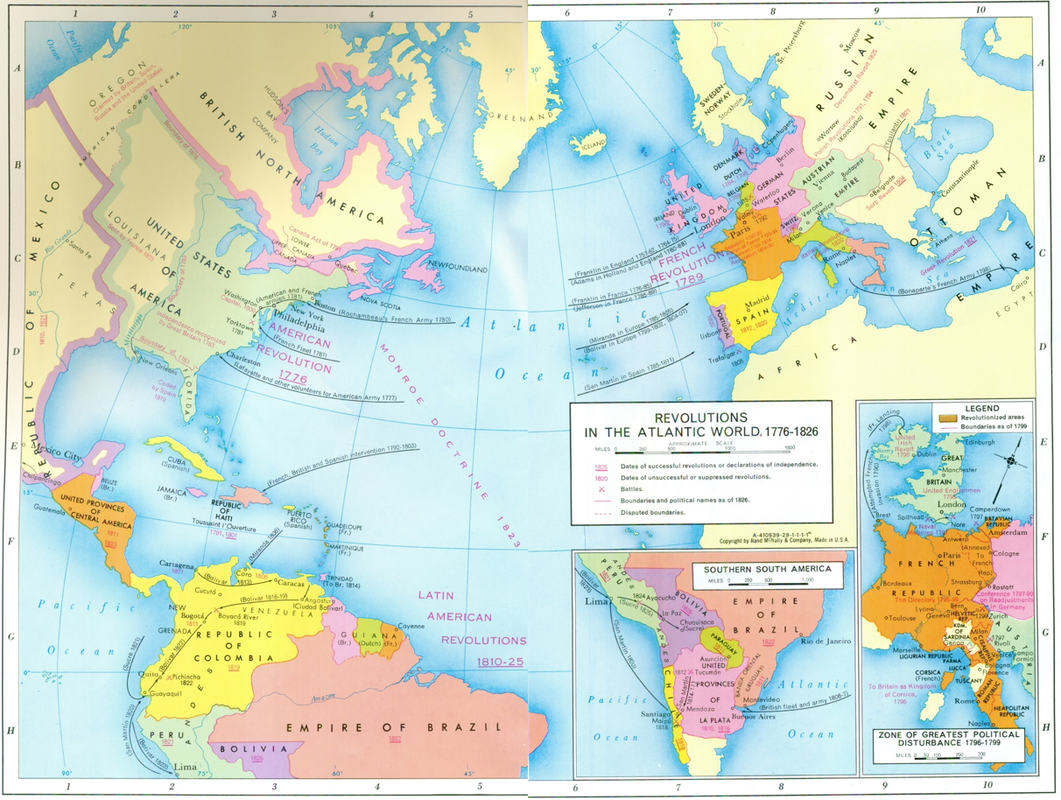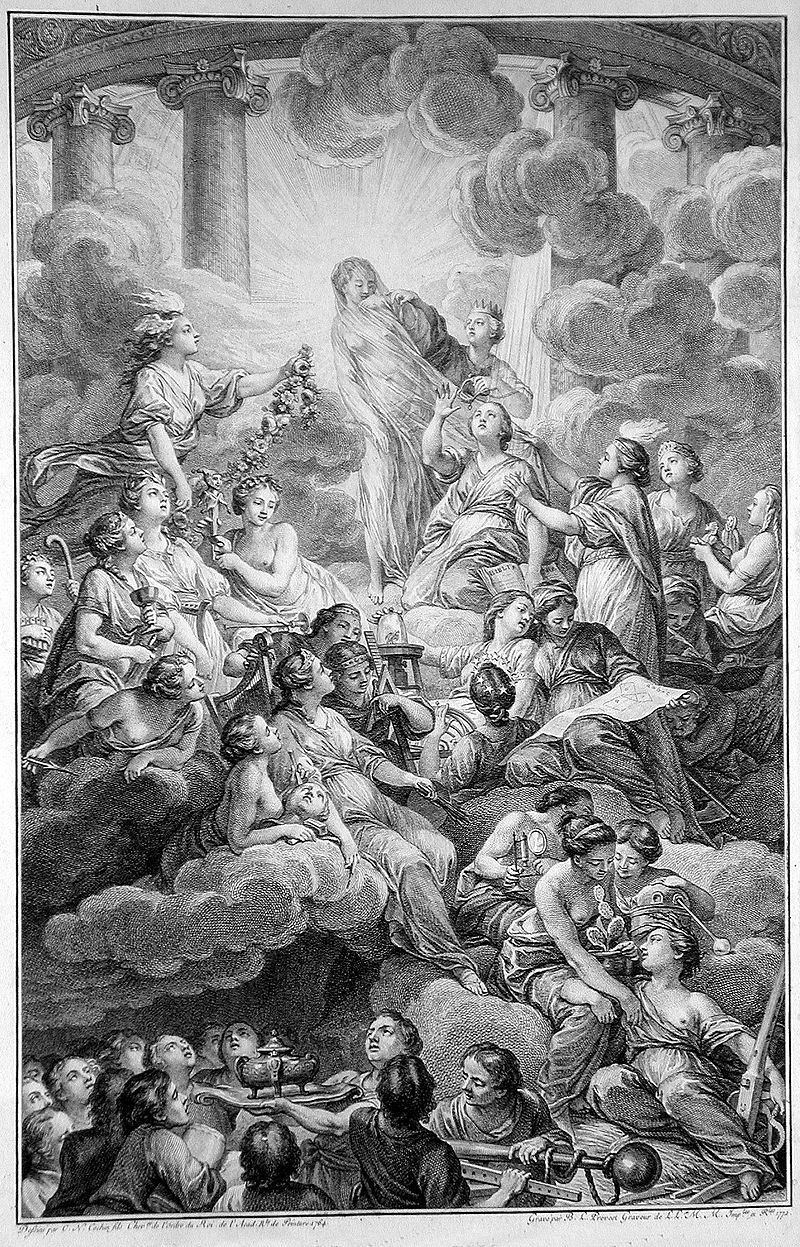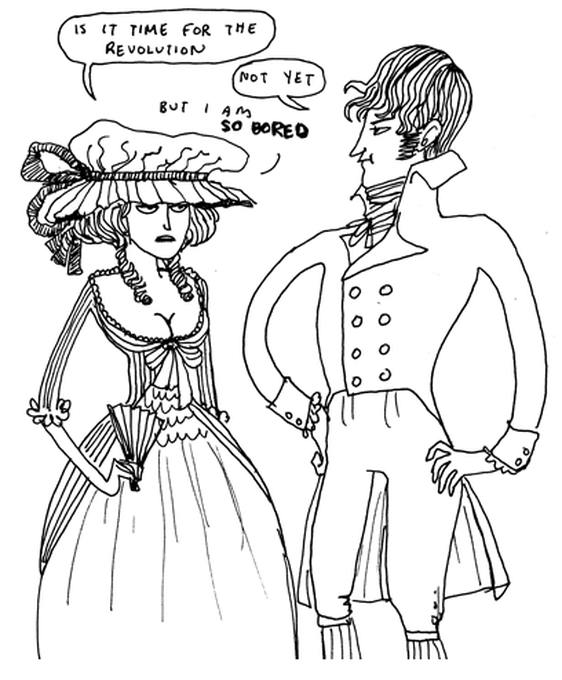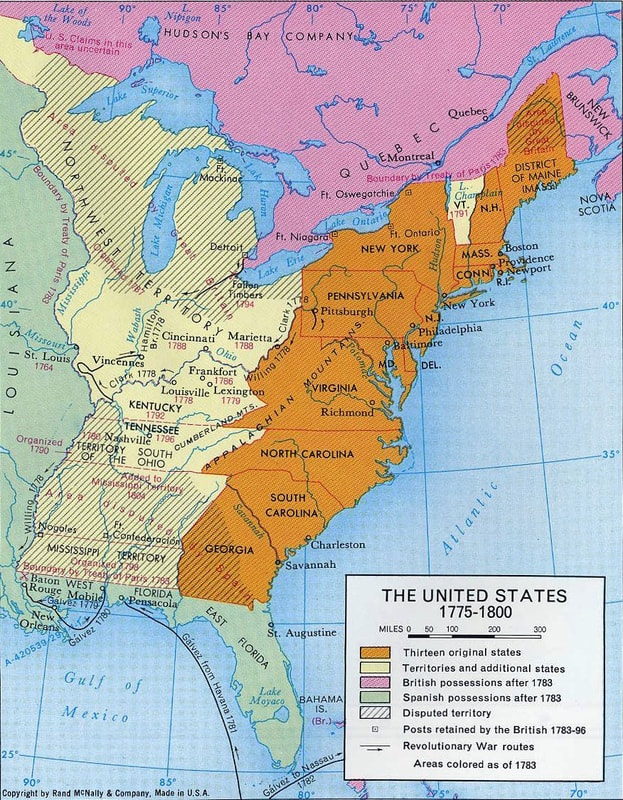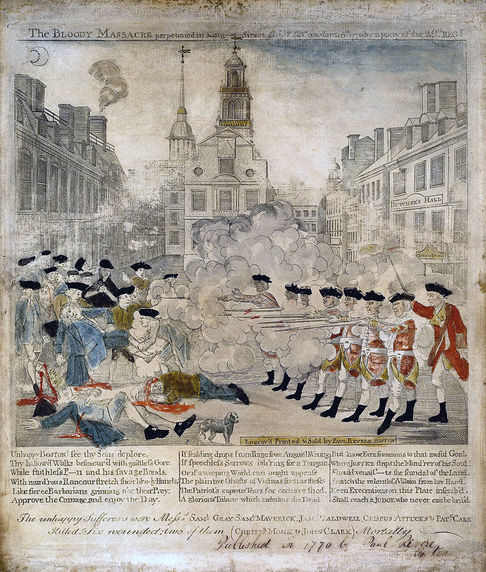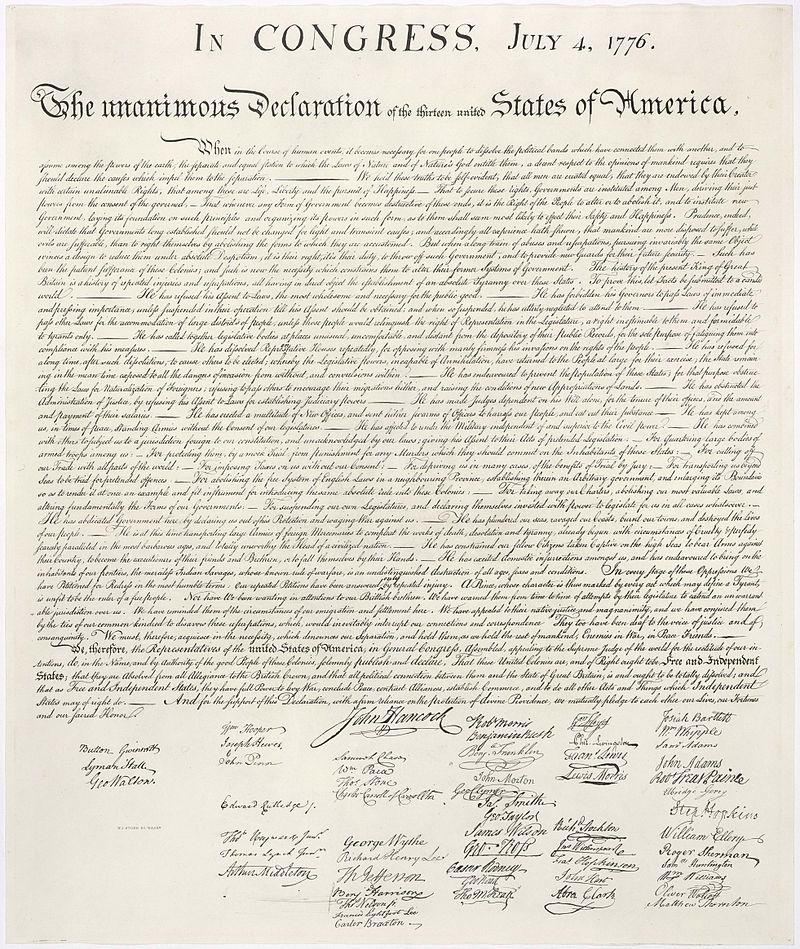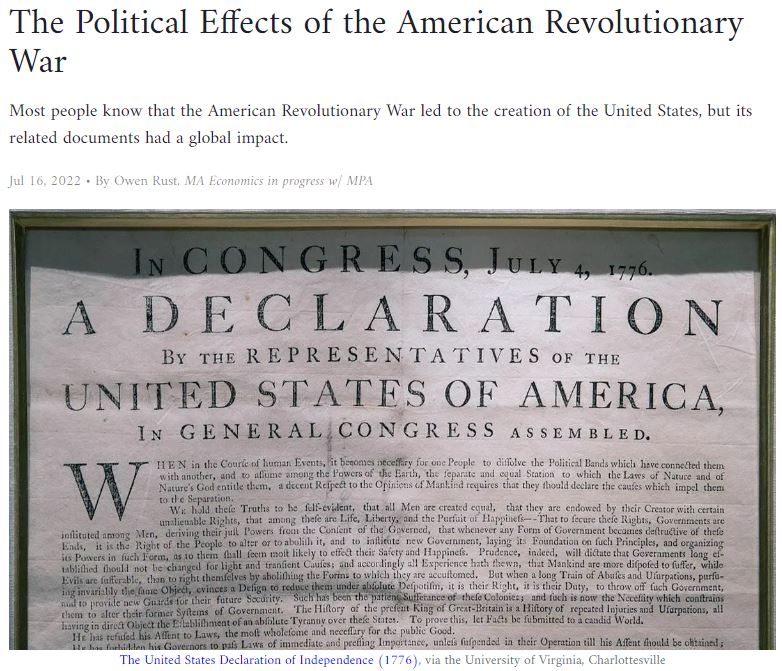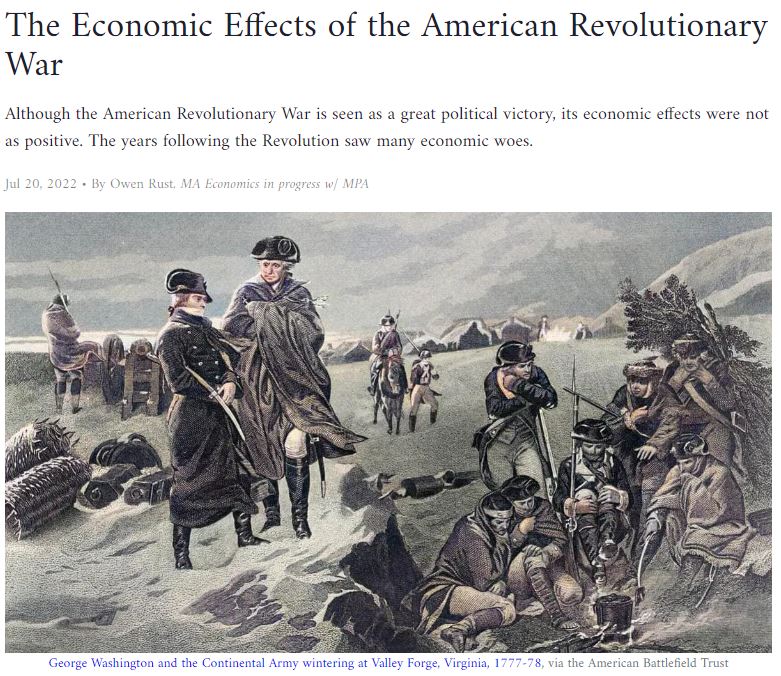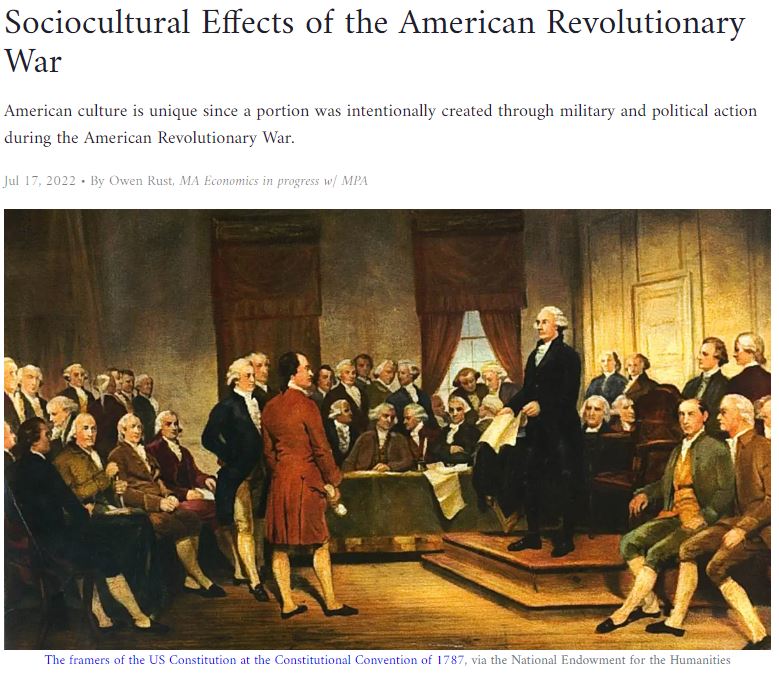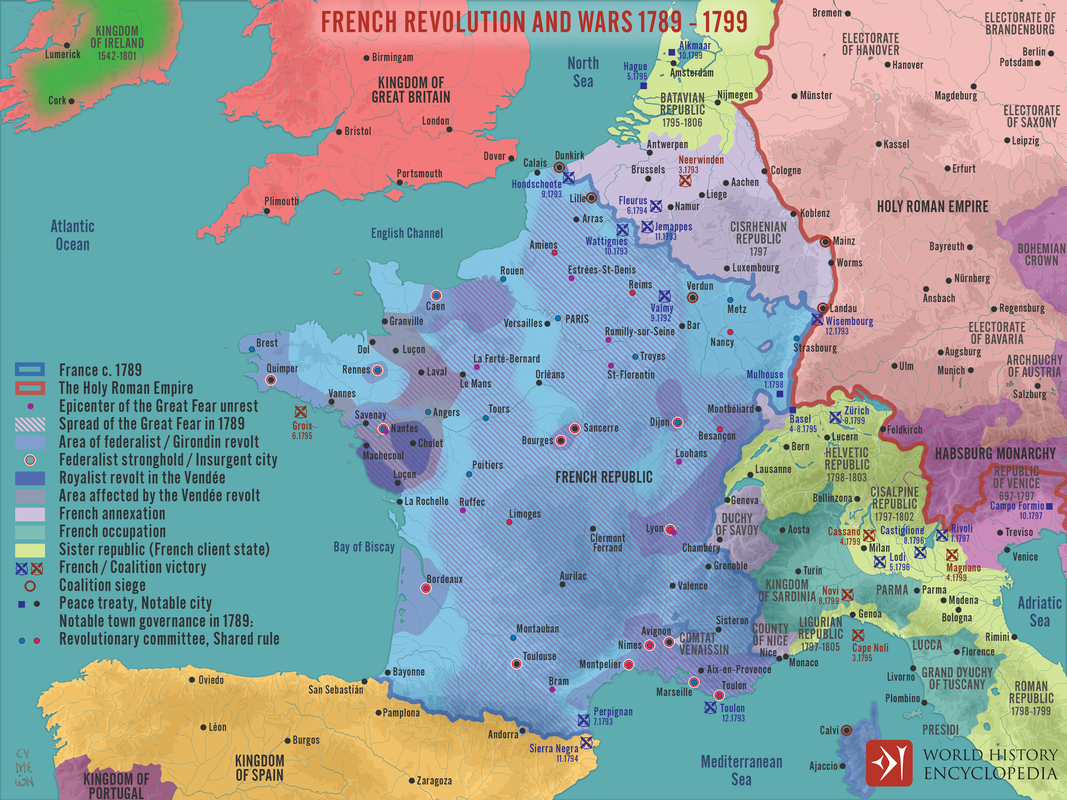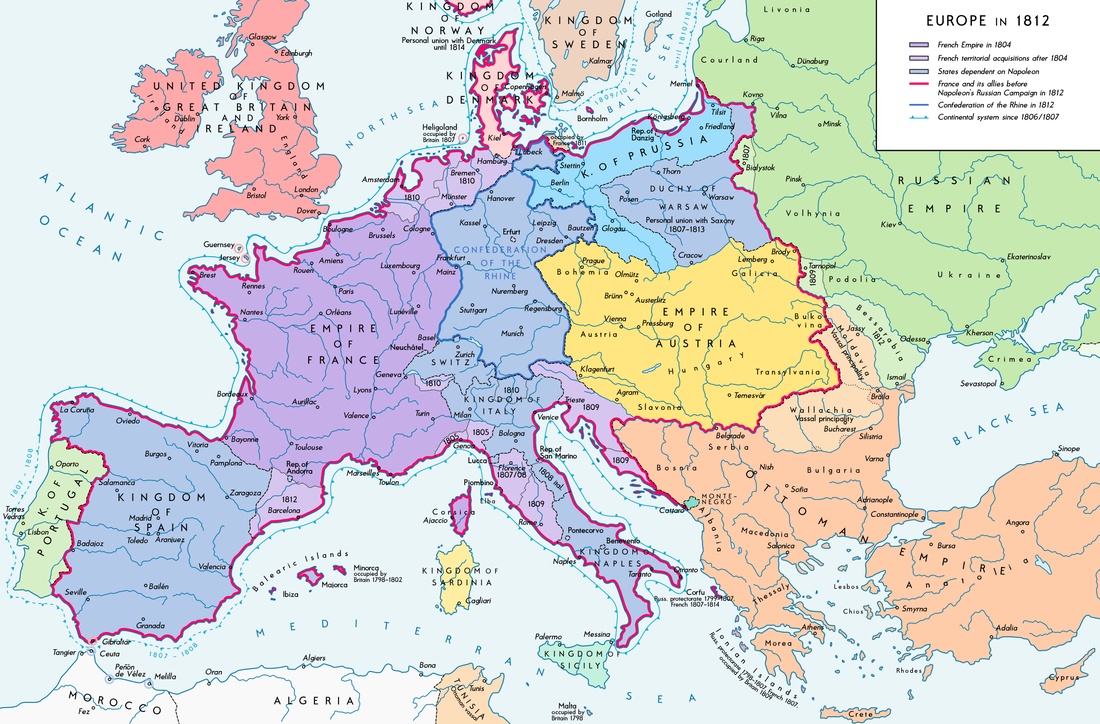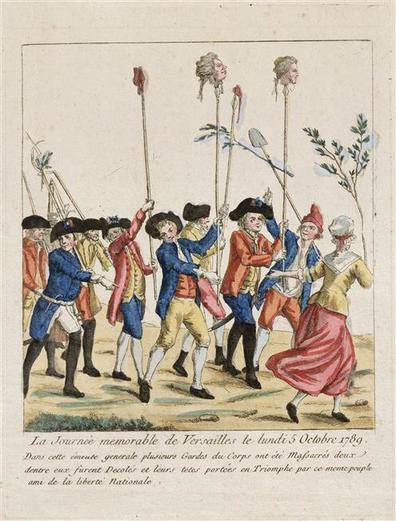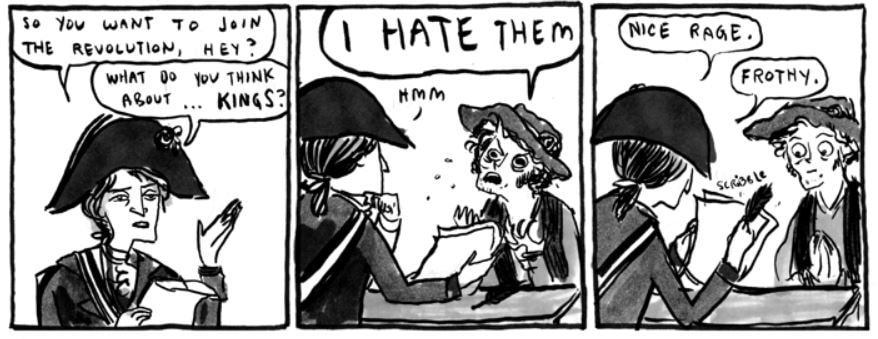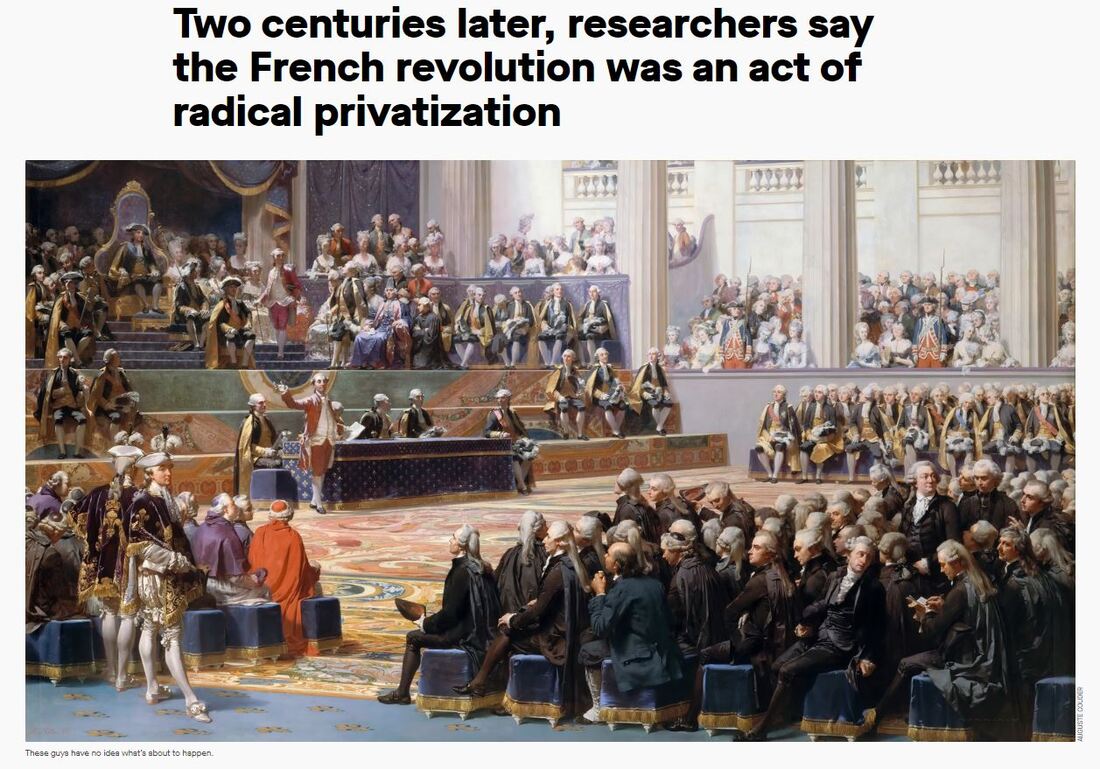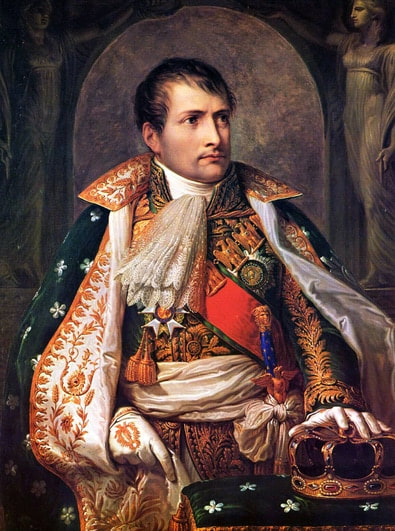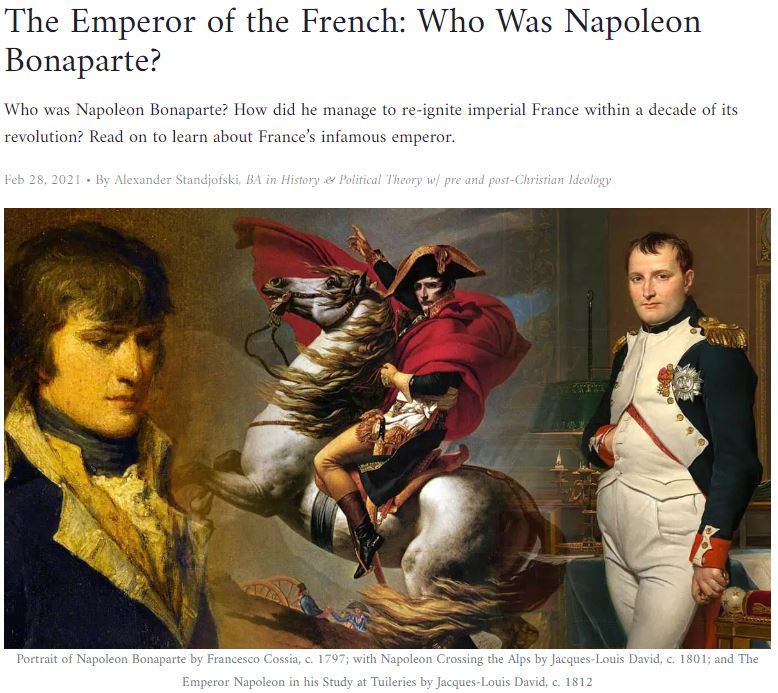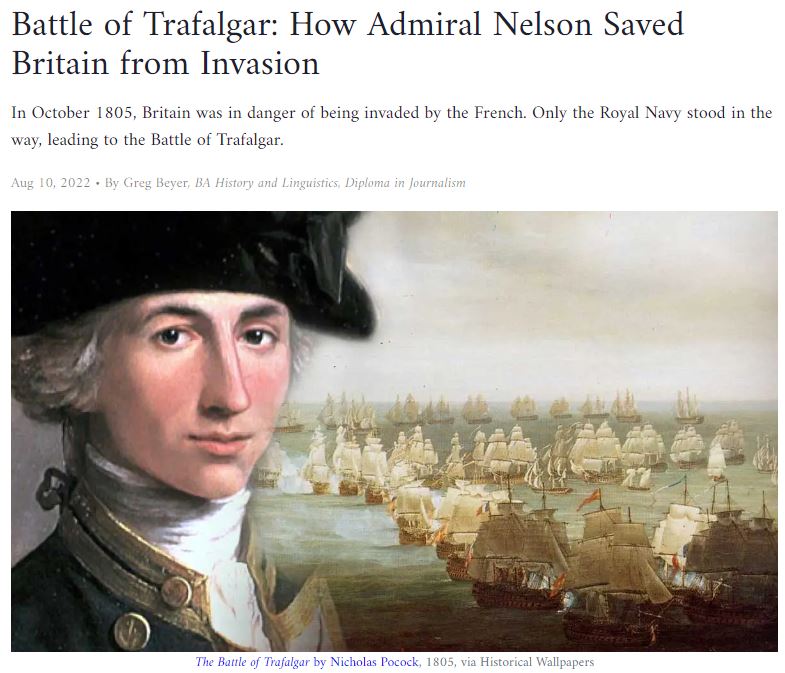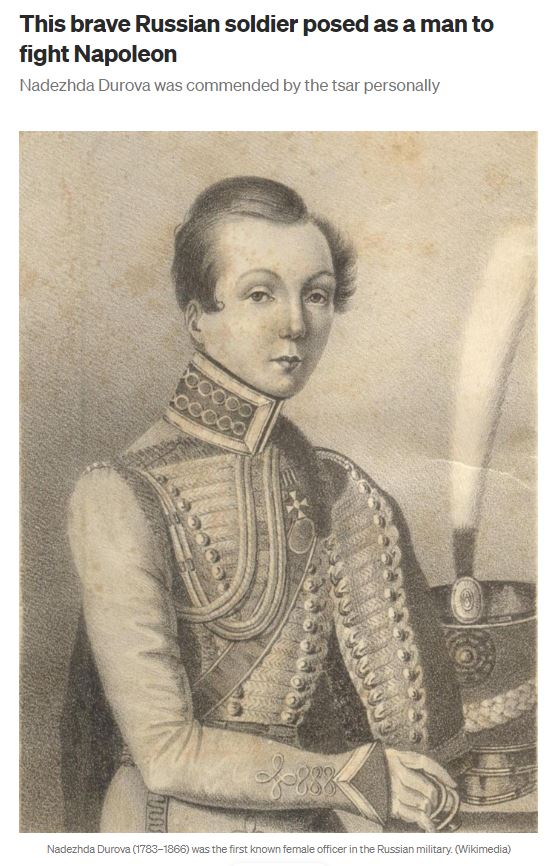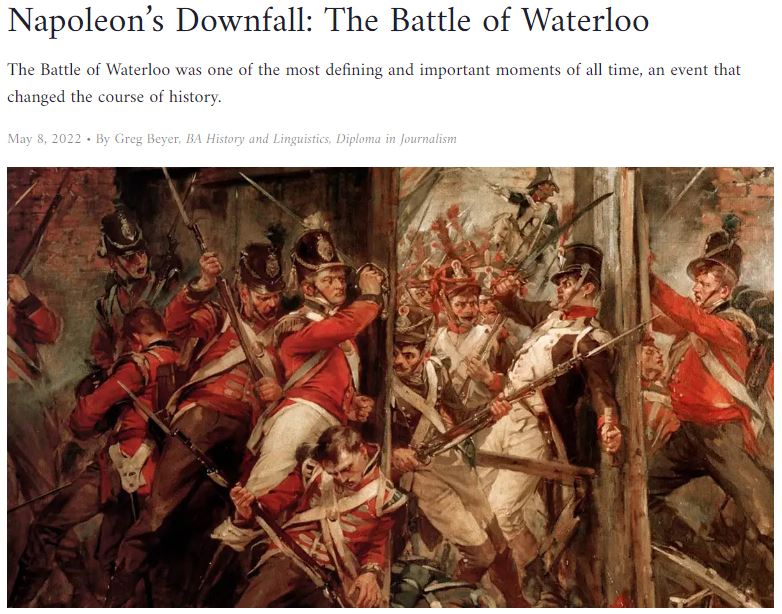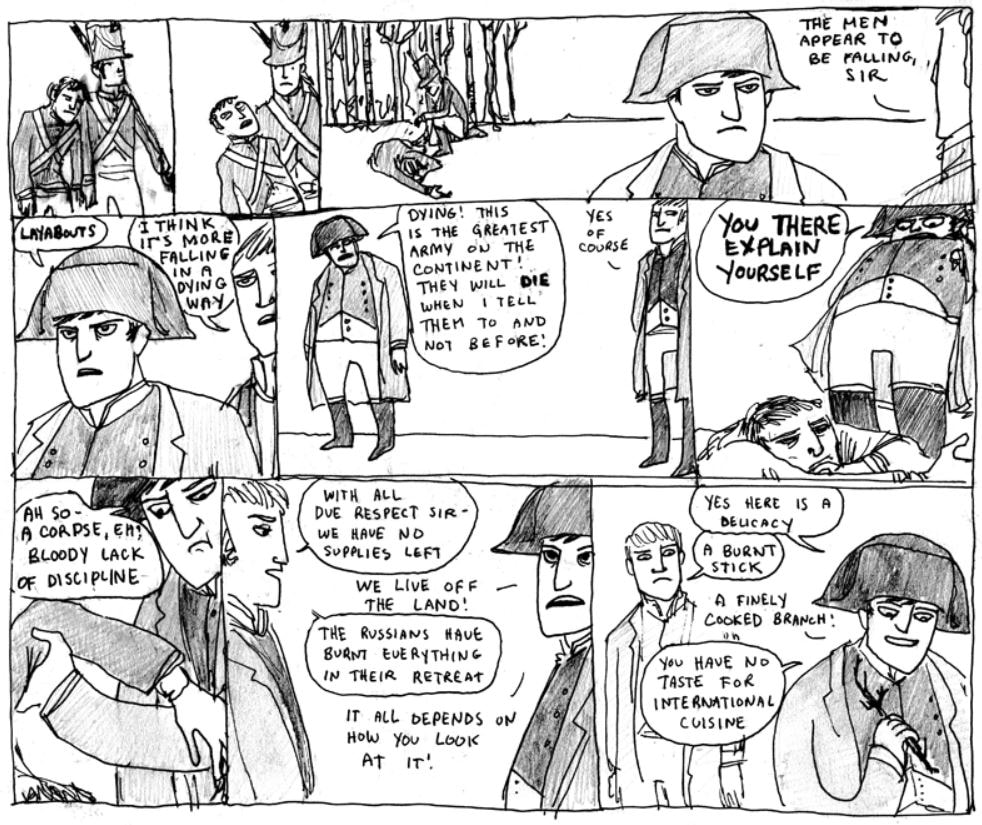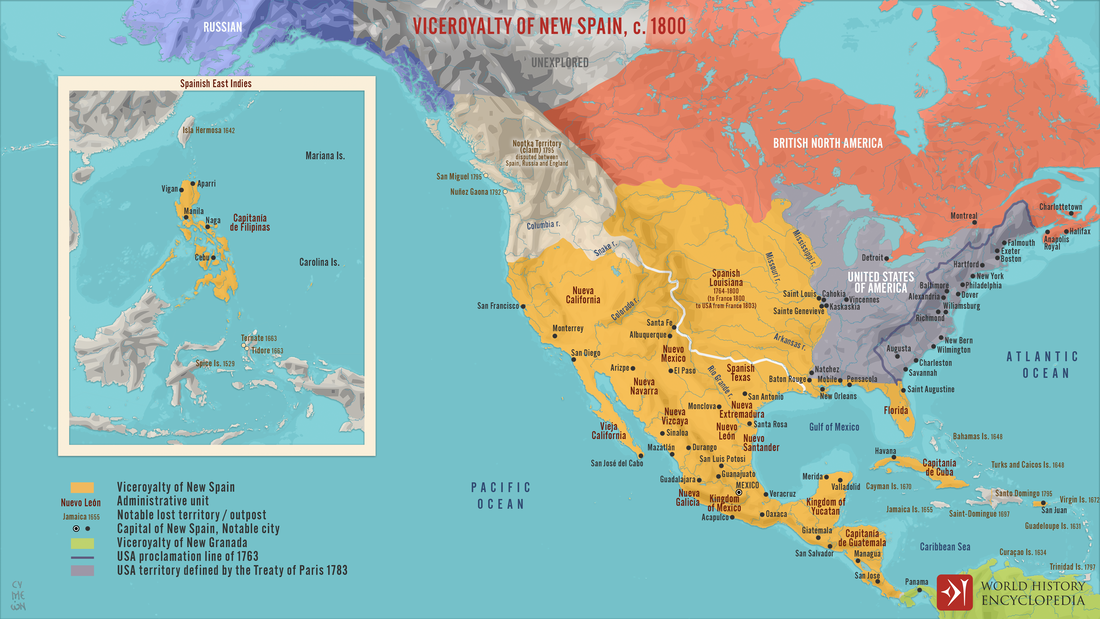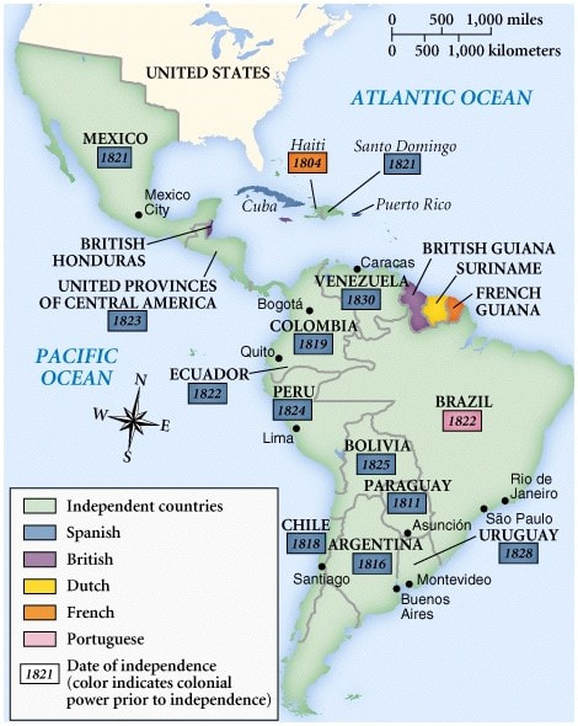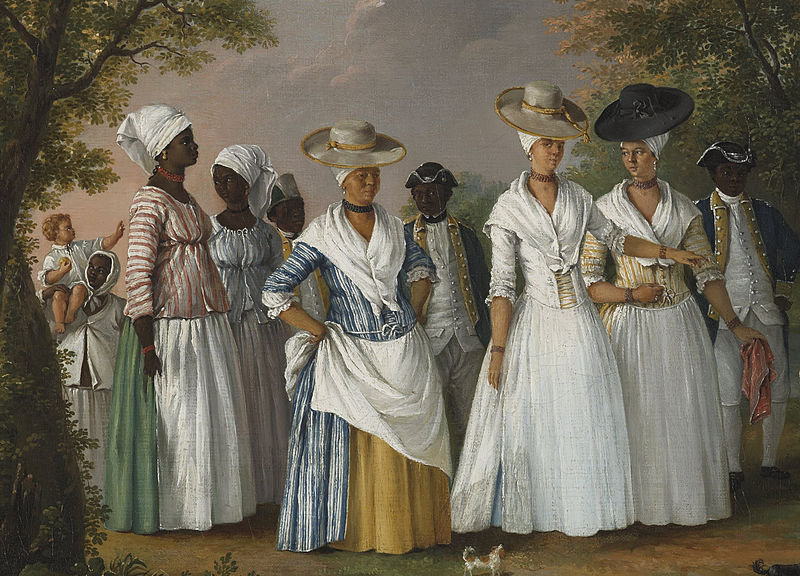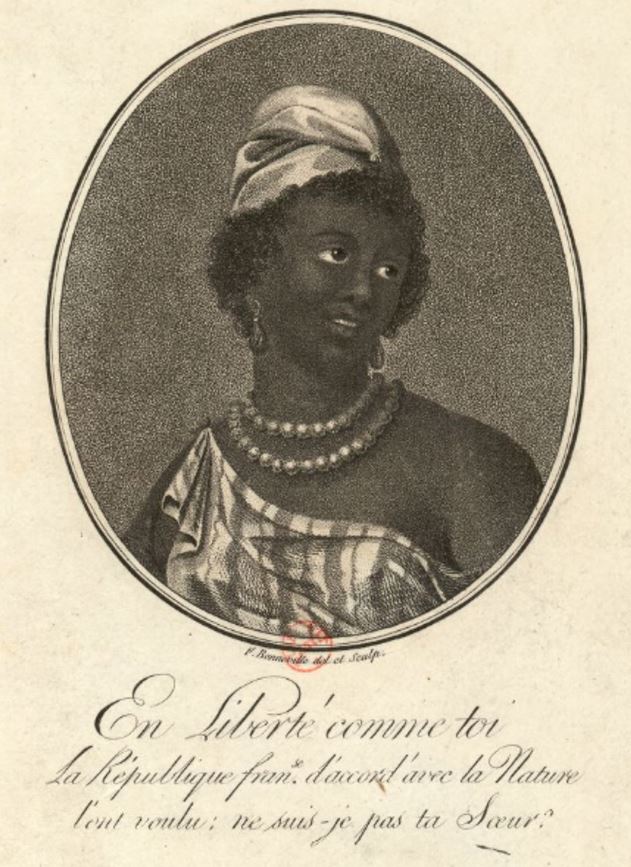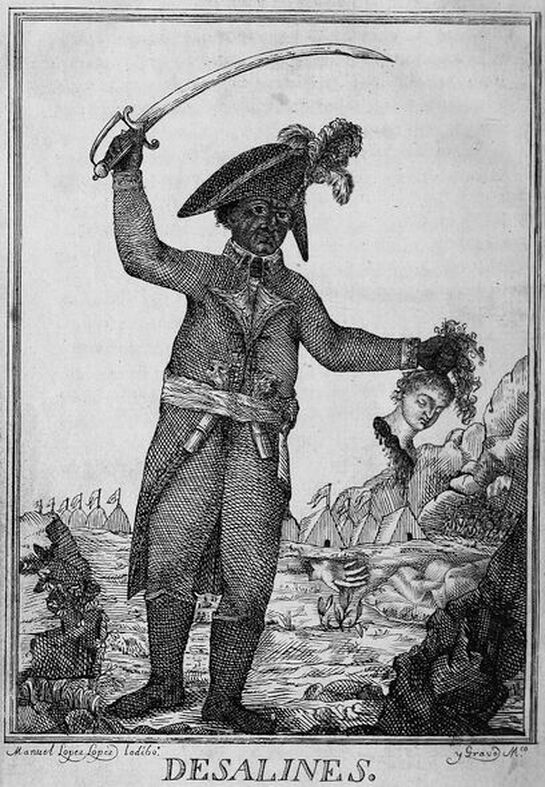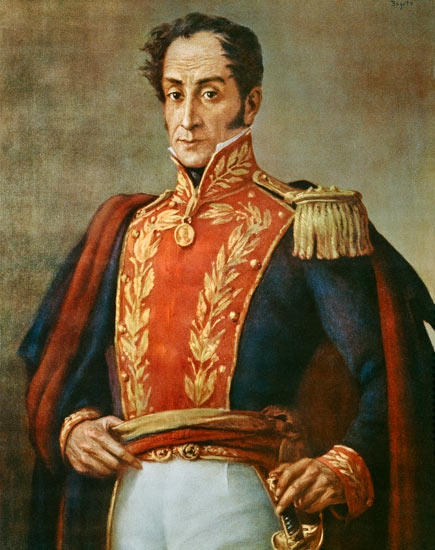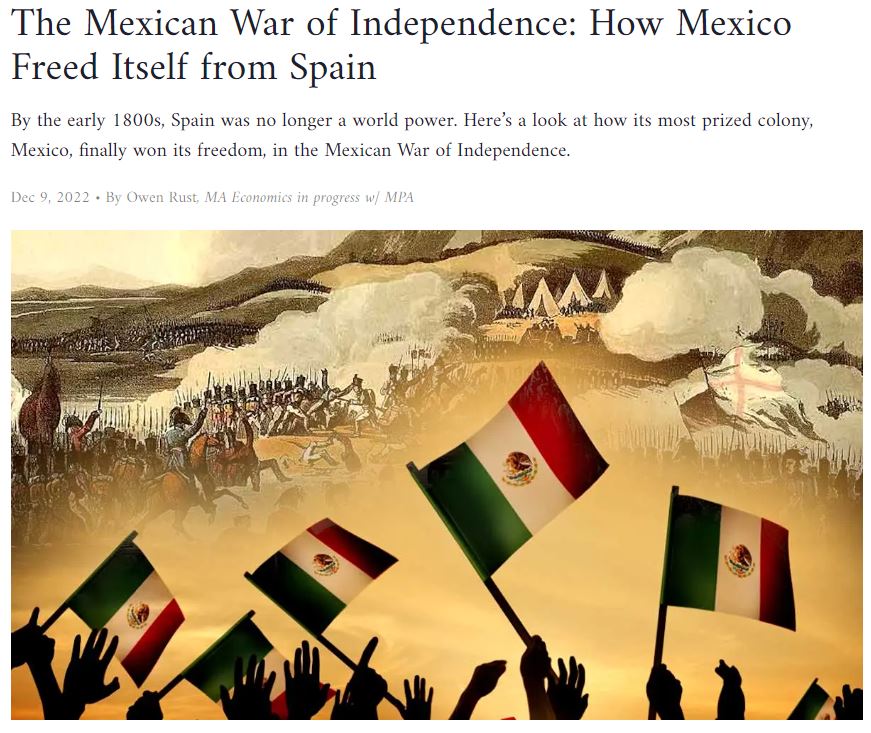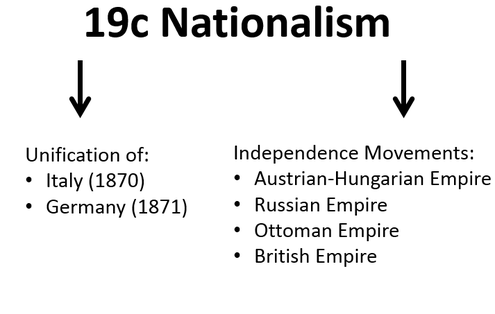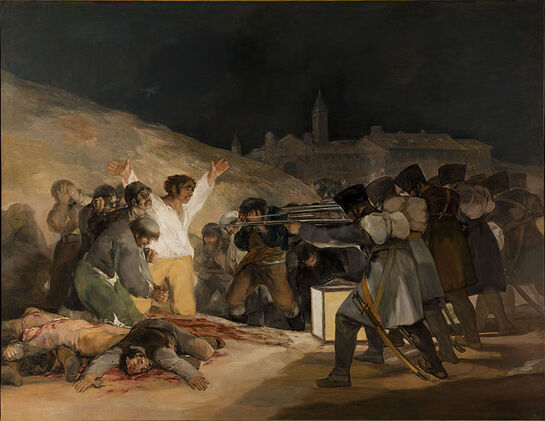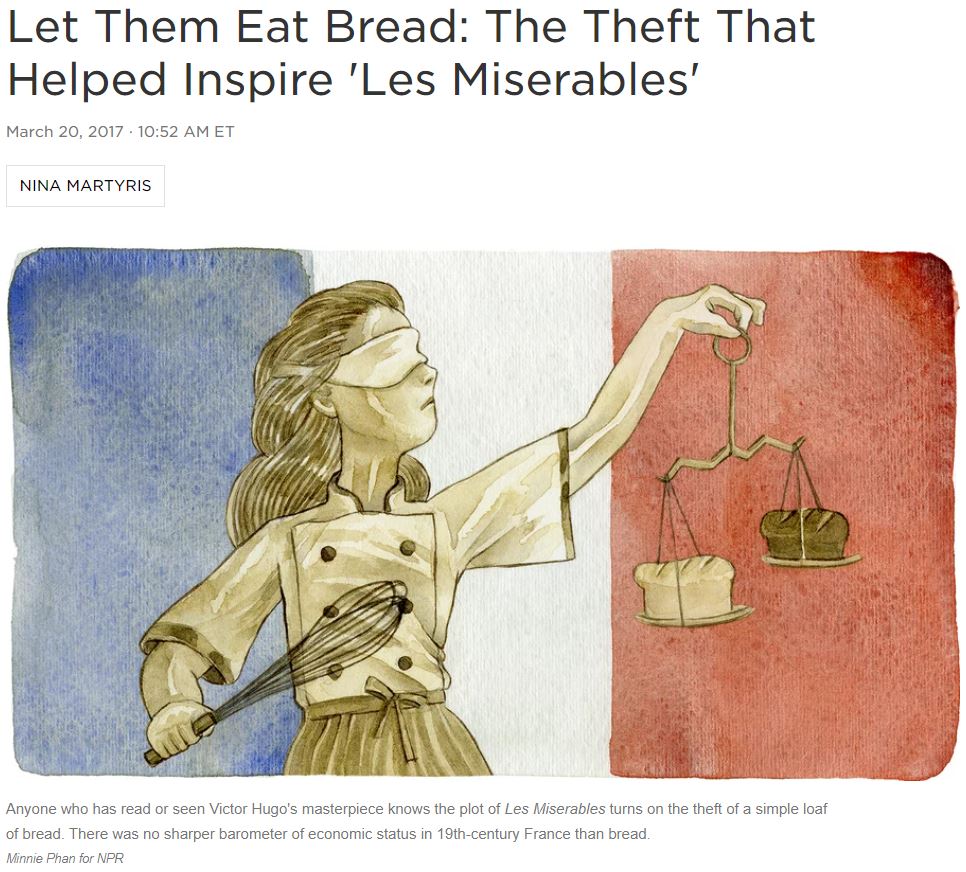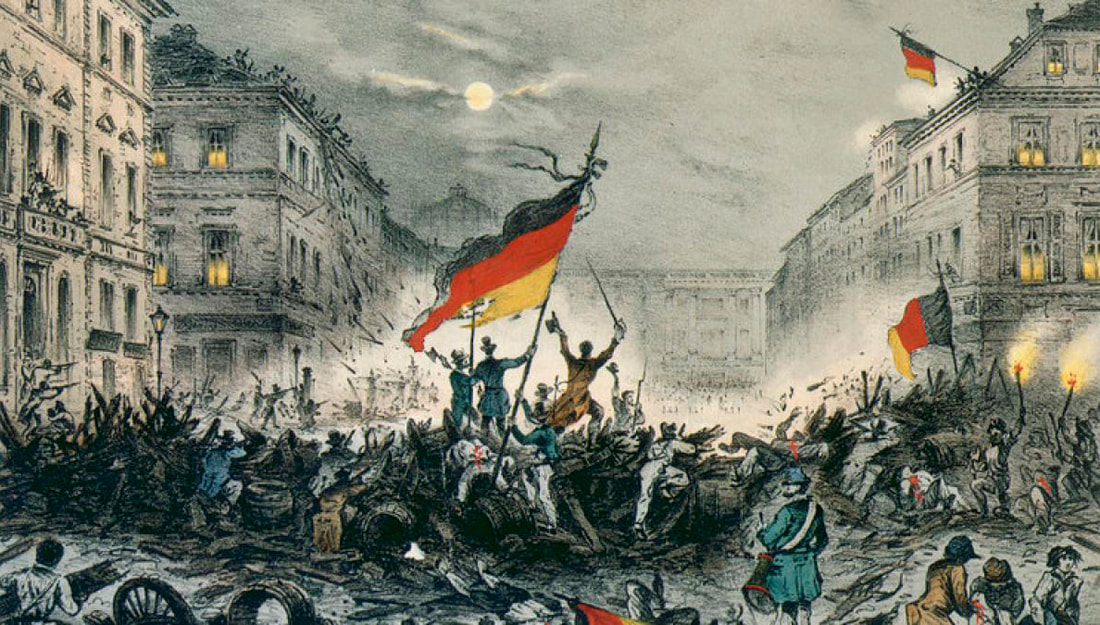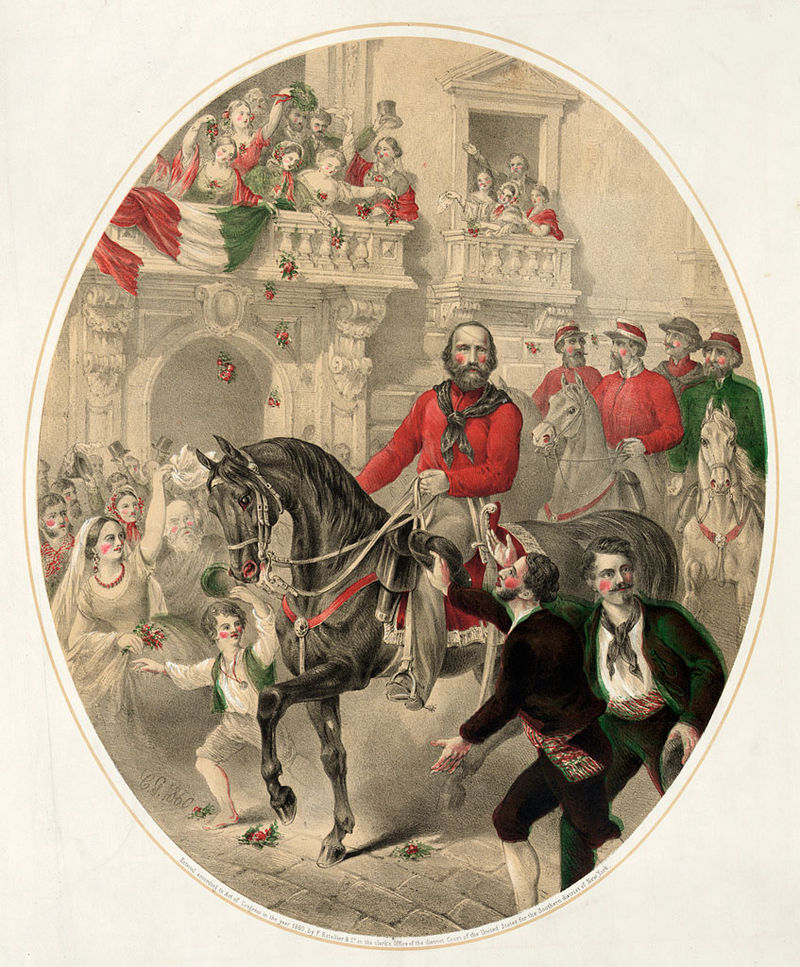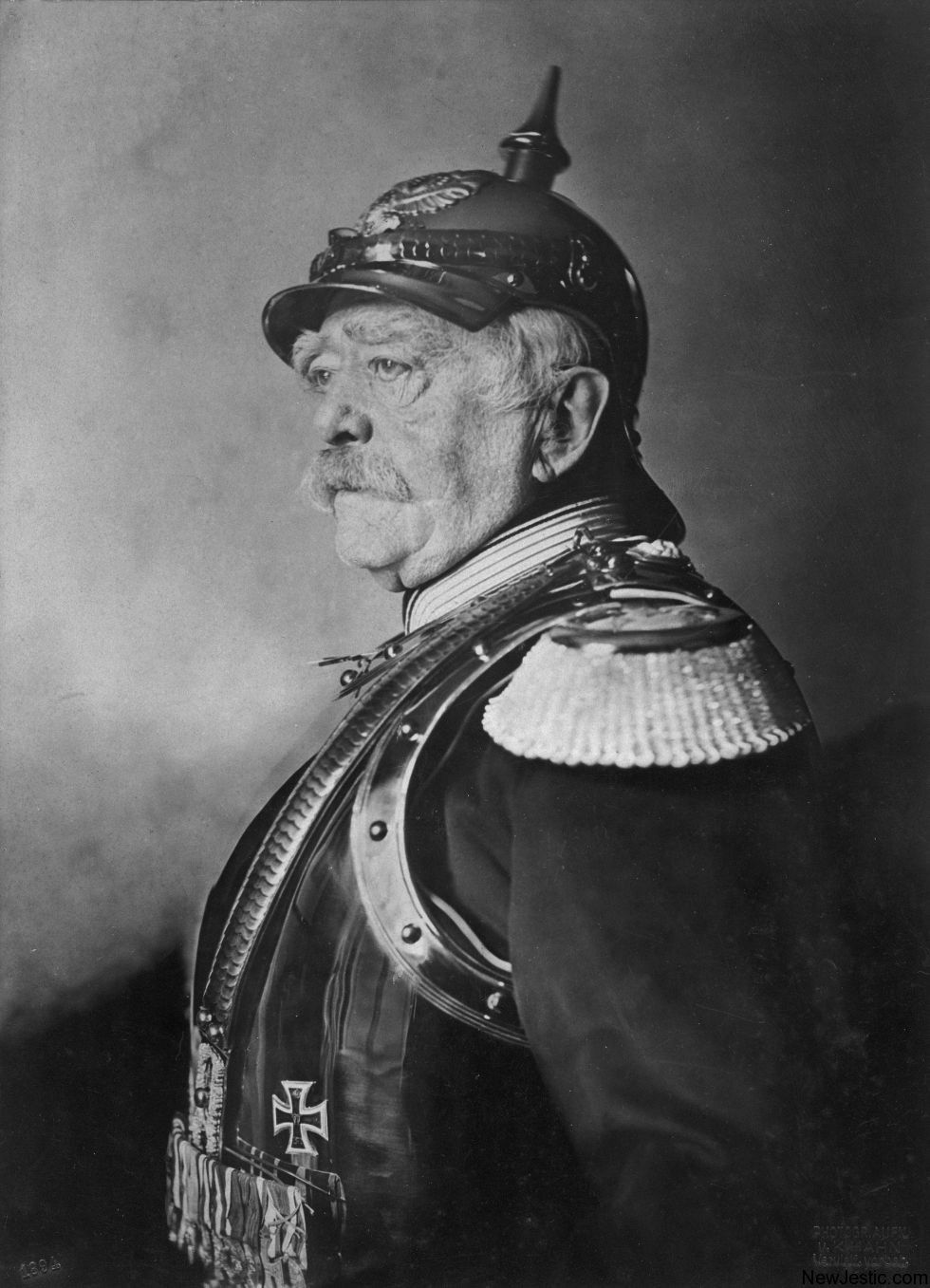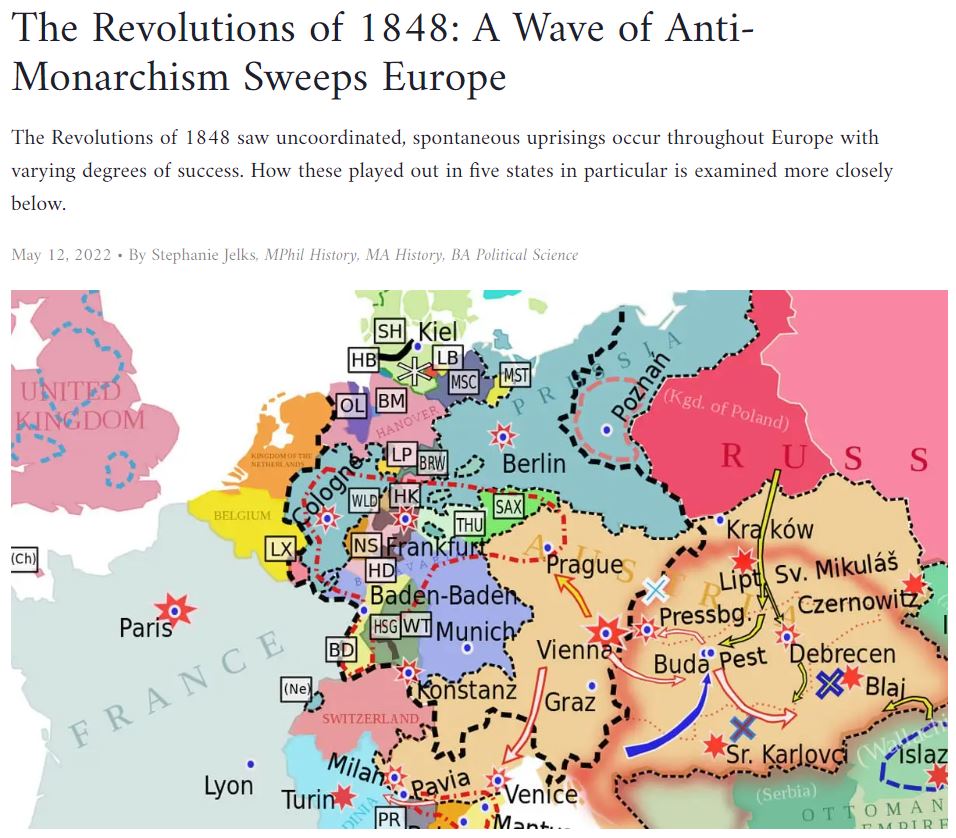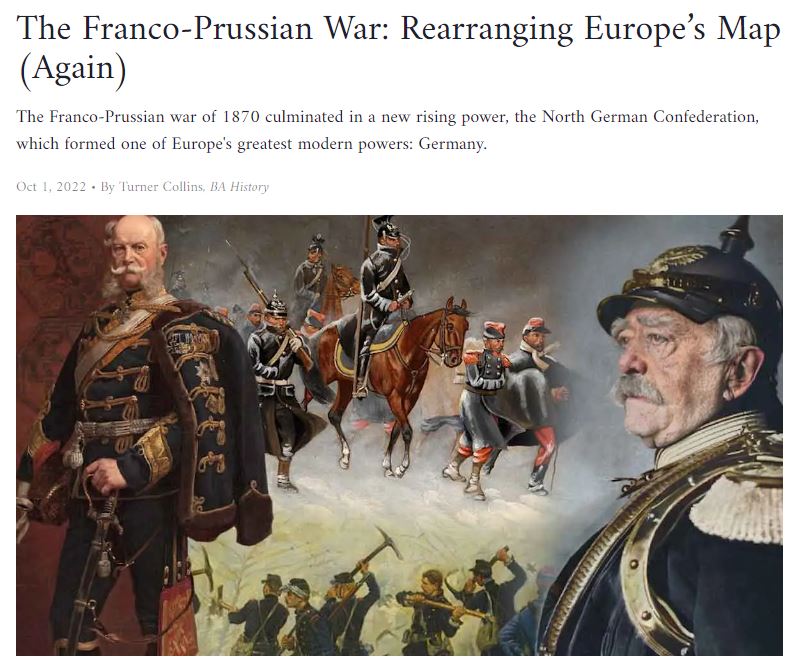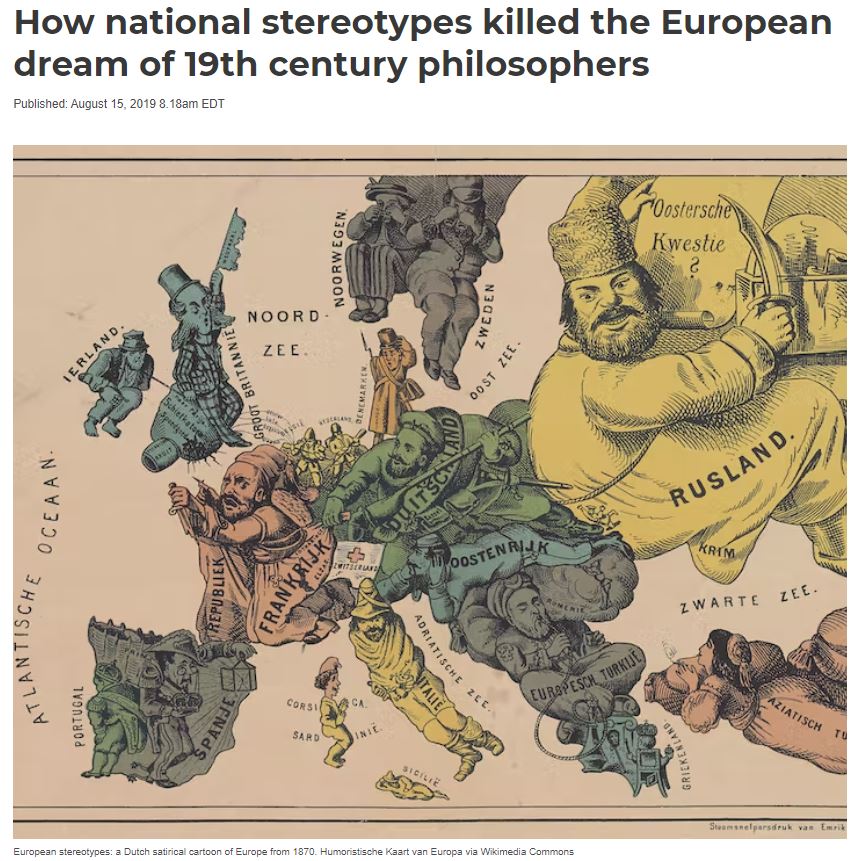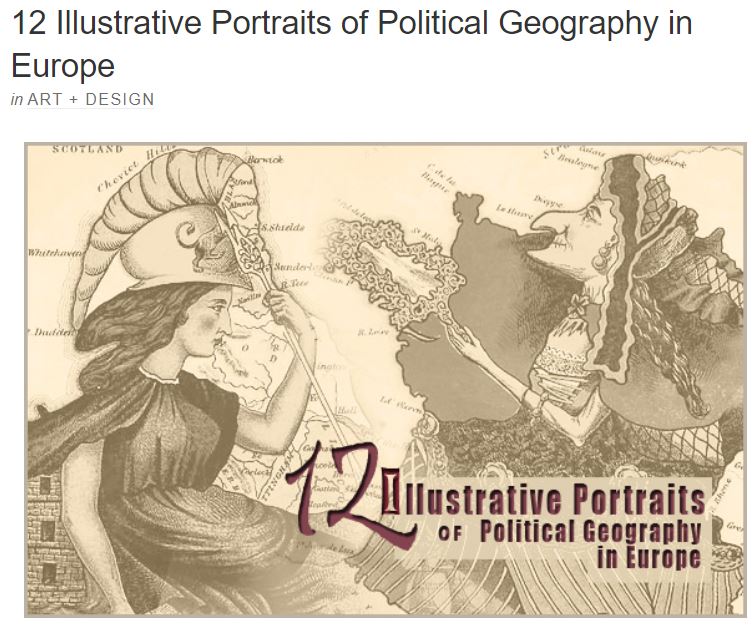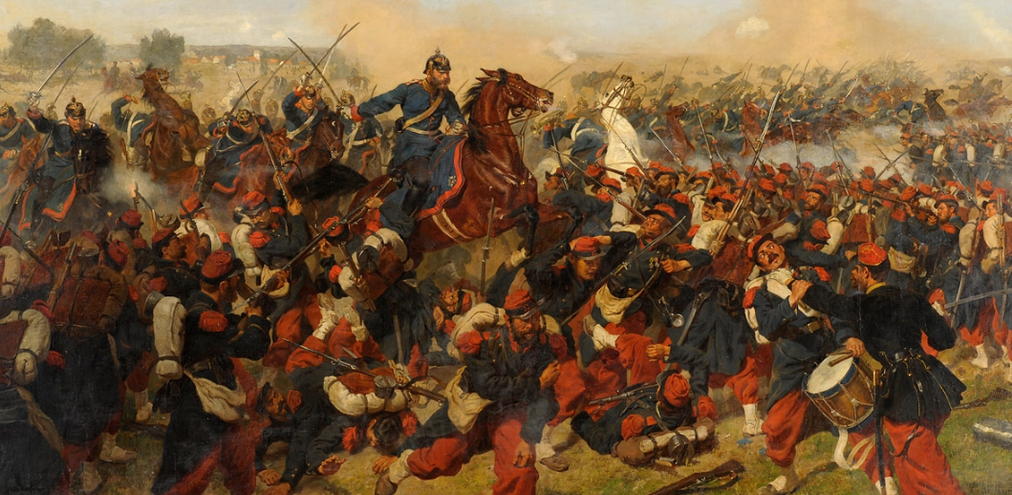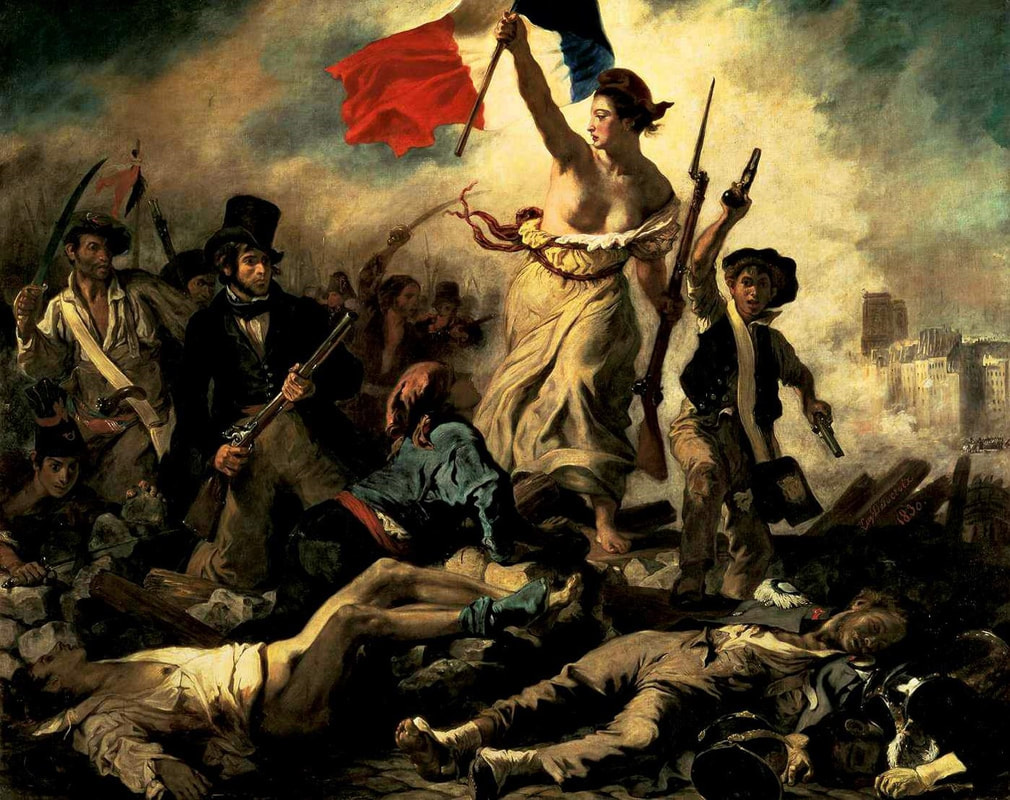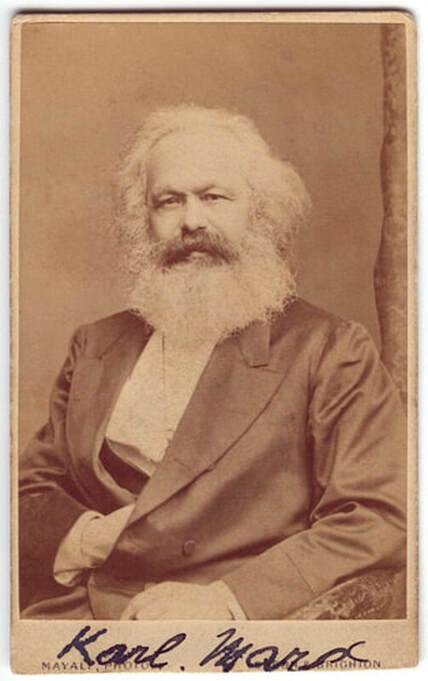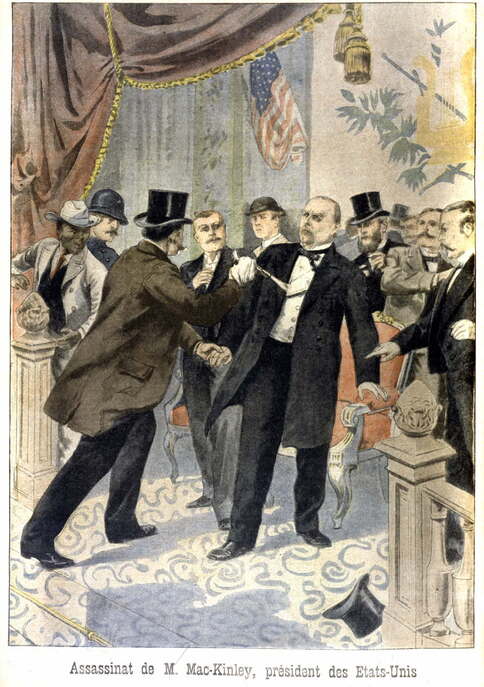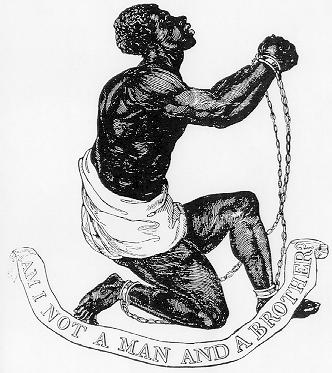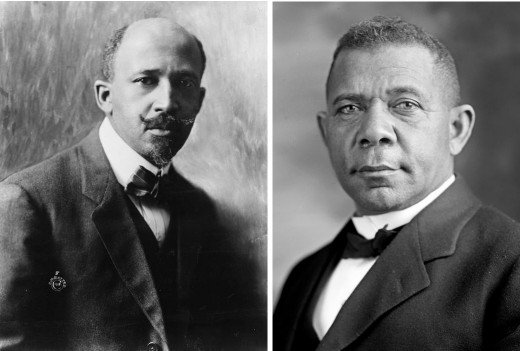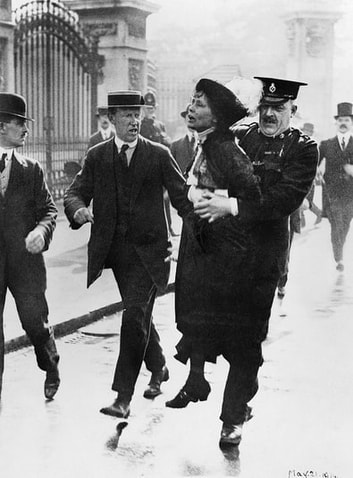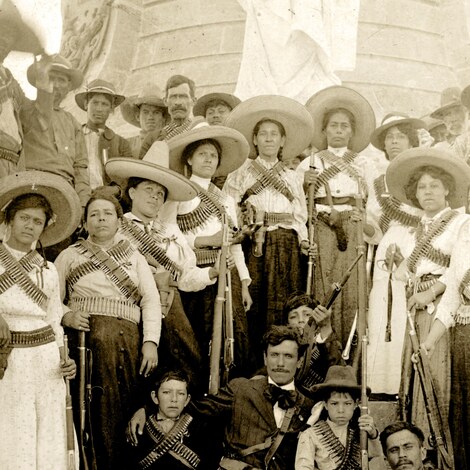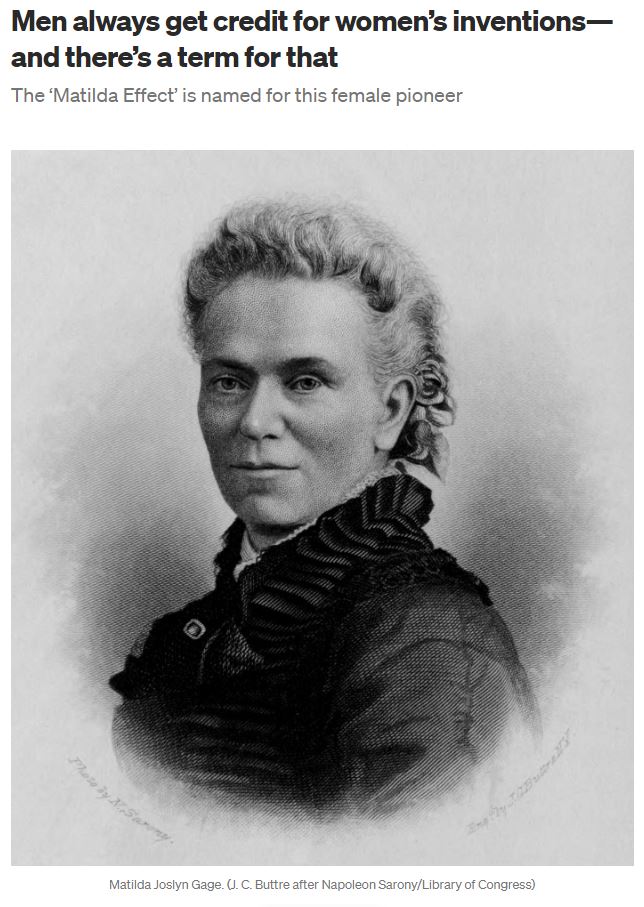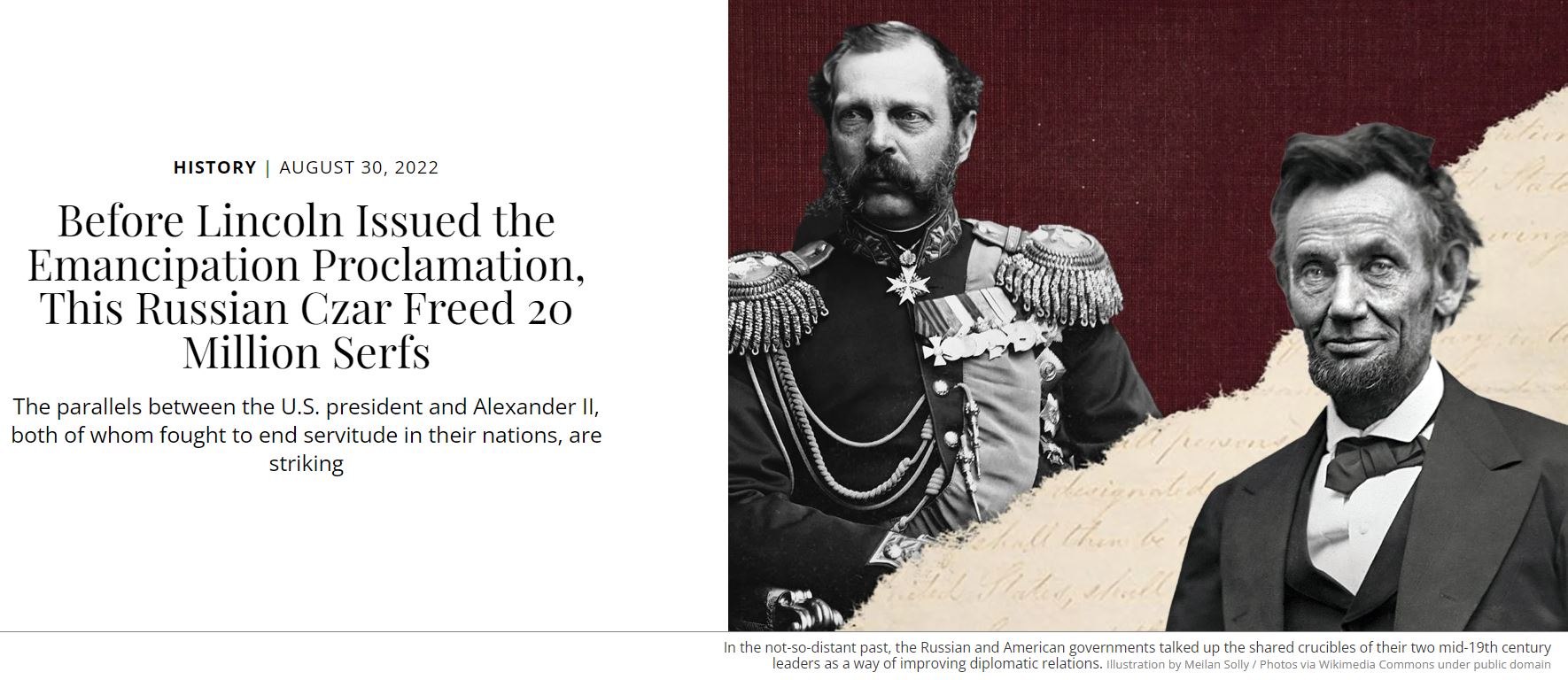Revolutions
c. 1750-1900
Contents
Revolutions, 1750-1900:
Objectives
- Explain the intellectual and ideological context in which revolutions swept the Atlantic world from 1750 to 1900.
- Explain how the Enlightenment affected societies over time.
- Explain causes and effects of the various revolutions in the period from 1750 to 1900.
The Enlightenment
|
"If there is something you know, communicate it. If there is something you don't know, search for it." — An engraving from the 1772 edition of the Encyclopédie; Truth, in the top center, is surrounded by light and unveiled by the figures to the right, Philosophy and Reason
|
audio pronunciation guide:
|
|
The Enlightenment (comprehensive)
The Enlightenment (abridged)
|
The American Revolution
|
Boston silversmith Paul Revere engraved this image of the 1770 Boston Massacre that fueled anti-British sentiment in the American colonies.
The American Declaration of Independence reflected Enlightenment principles stating that "all men are created equal" and entitled to natural rights to "life, liberty, and the pursuit of happiness."
|
audio pronunciation guide:
|
|
The American Revolution (comprehensive)
The American Revolution (abridged)
|
The French Revolution
|
Angry French citizens stormed the Palace of Versailles in October 1789, kidnapped King Louis XVI, and forced him to return to Paris. In this image, the heads of Louis XVI's murdered palace guards are paraded by the crowd atop pikes.
Article: Two centuries later, researchers say the French revolution was an act of radical privatization
Napoleon Bonaparte was crowned Emperor of the French in 1804. For a brief while, he dominated the European continent and led the largest empire in Europe since the days of Rome.
|
audio pronunciation guide:
|
|
The French Revolution (comprehensive)
The French Revolution (abridged)
|
Latin American Revolutions
|
Free Women of Color with their Children and Servants by Agostino Brunias
“In freedom like you. The French Republic in accord with Nature has desired it; am I not your sister?” - 1793 engraving by French artist F. Bonneville
Following a successful slave revolt inspired by the French Revolution, Jean-Jacques Dessaline became the first Emperor of Haiti.
Simón Bolívar, liberated Venezuela, Bolivia, Colombia, Ecuador, Peru, and Panama from the Spanish Empire.
|
audio pronunciation guide:
|
|
|
|
|
Latin American Revolutions (comprehensive)
Latin American Revolutions (abridged)
|
Nationalism
France's humiliating defeat in the 1870-1871 Franco-Prussian War led to the unification of the German Empire, and set the stage for the First World War.
|
Nationalism (comprehensive)
Nationalism (abridged)
|
Political Ideologies
|
Political Ideologies (comprehensive)
Political Ideologies (abridged)
|
Reform Movements
Article: Before Lincoln Issued the Emancipation Proclamation, This Russian Czar Freed 20 Million Serfs
|
Reform Movements (comprehensive)
Reform Movements (abridged)
|
